
This post may contain affiliate links which means I may receive a commission for purchases made through links. Learn more on my Private Policy page.
Understanding Brushless Tools and Their Advantages
Hi, I’m John from workshop attic.com. In this article, I’ll explain what brushless tools are, their advantages and disadvantages, and help you decide whether to buy a brushless tool or stick with the regular brushed version.
Brushless vs. Brushed Motors
You may have noticed that many tool companies are now releasing brushless versions of their tools. These tools come with a slightly higher price tag, but they also claim to have more power, longer battery life, and longer tool life. So, how is this possible, and why isn’t everything brushless now?
Let’s first discuss brushed DC motors. These motors use brushes to provide power to the coils, which are responsible for changing the magnetic field of the electromagnets on the rotor. This is accomplished through the use of a conductive material (usually made of carbon) that can withstand friction as the brushes physically touch the commutator ring.
Brushless motors, on the other hand, don’t have any physical contact between brushes and commutator rings – this means no friction. Instead, they use an electronic sensor to control the magnetic fields, allowing the motor to rotate.
Benefits of Brushless Tools
Because there’s no friction in a brushless motor, there are several benefits to using brushless tools:
1. More power
The power from the battery is allocated directly to the work being done by the tool, rather than overcoming the friction of the brushed motor. This results in more power being delivered to the tool.
2. Longer battery life
As there is no friction to overcome, batteries last longer in brushless tools.
3. Longer tool life
Friction causes heat, which isn’t good for motors. Without that friction-generated heat, brushless motors have a longer life span than brushed motors.
4. No maintenance for changing brushes
Brushes in brushed motors can wear out over time and need replacing. With brushless motors, there’s no need for this maintenance.
Are Brushless Tools Worth the Additional Cost?
While brushless tools offer several benefits, they are also more expensive to produce than brushed tools. Brushed DC motors have been around for a long time, and their parts are easy to find, making them cheaper to manufacture.
The most expensive part of a brushless motor is the electronic sensor, and the type of sensor used can also drive up the cost of these tools.
So, is it worth investing in a brushless tool?
It depends on your needs and how you use the tool. For contractors and professionals who make their living with tools, brushless tools may be worth it because they can get more life out of them compared to brushed tools.
However, if you’re a weekend warrior or just use the tool occasionally, sticking with a brushed tool might be more economical. Of course, if you are a tool enthusiast who always wants the latest and greatest, you may end up preferring brushless tools regardless.
One Final Advantage: More Power from Smaller Tools
A noteworthy advantage of brushless tools is that since they can deliver more power directly to the tool, smaller voltage tools perform nearly as well as larger voltage ones. This means you can get more power out of a 12-volt tool than you would expect, making it comparable to an 18-volt tool.
Conclusion
We hope this information helps you decide whether to buy your next tool as brushless or stick with the regular brushed version. Consider your usage patterns, budget, and specific needs when making your decision.
I’m John from workshop attic.com, wishing you the best of luck on your tool-buying journey!
This post may contain affiliate links which means I may receive a commission for purchases made through links. Learn more on my Private Policy page.
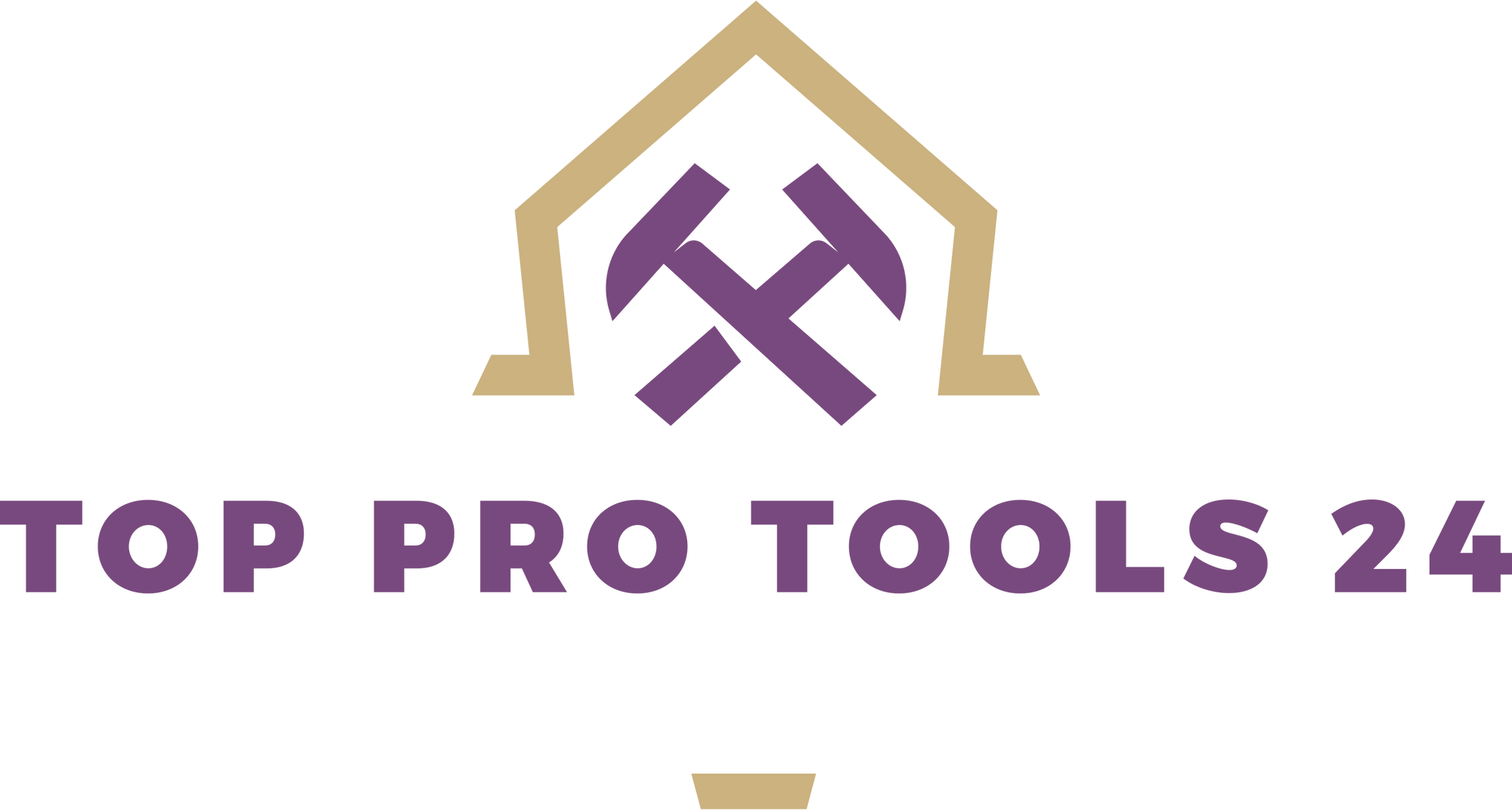


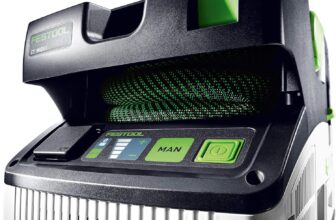
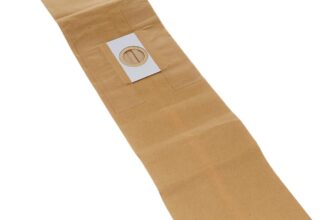
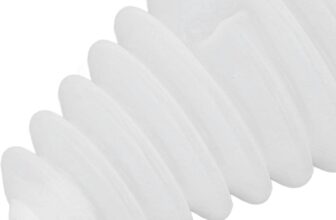
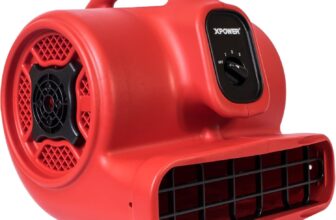
Very well explained, you're a very good commutator. 😬
This is incredible to me, I always assumed there was some metallic engine that forces it to spin, the fact that the only force is magnets it’s so cool
Thank you for the breakdown
Great Video! Thanks!
Thank you for this great informative video. Exactly what I was looking for. Keep up the good work!
You really don't understand how these things work and it shows.
Very well explained, thank you!
Thanks John great video and well explained. 👍
I would never go back to bushed, its makita big let down because your guaranteed that by the time you need to change those bushes, that motor will be burnt out anyhow lol I'm worx bushless lithium 100% now there insane
Hold up homie theres something your missing here. Ive been an electrician for 15 years used plenty of brushed motors and have been using only brushless for the last 4-5 years .
Theory is great ! With the theory of how these motors operate it would seem its a no brainer the brushless motor is the better choice.
But in the last 5 years ive gone through a bunch of brushless motor tools ! Some brułshless tools havent lasted a 1 year while ive had the same brushed corded milwaukee drill for 10 years.
This is why! Like i said theory is great on how they operate but the key component that keeps malfunctioning is the sensor.
Being dropped , heating up the tool from hard use, or just a flawed sensor perhaps many reason how that sensor breaks.
I had a $349 Milwaukee hole hawg worked for 7 months no event occurred then motor just wouldn’t power up . I took it to be fixed and they confirmed it was the sensor
Another benefit to brushed motor is the mechanical clutch ! In low torque setting almost all mechanical clutches torque out at 1 inch lb however the Milwaukee drill i have with electronic clutch on lowest setting torques out at about 100 inch lbs
So theres definitely more than price to consider when buying tools. Once these sensor become More durable and innovative. The brushed motor might be done for but we are not there yet.
I don't have much experience with power tools, but I do have experience with RC vehicles. Brushless is superior. It performs better. It has more torque, it's faster ect. Brushless motors are also safer. They can typically take more voltage, and they don't emit sparks so there is no fire hazzard. Brushless motors also last longer. A brushless motor can last up to 20x longer than a brushed motor. Also, the longer battery life with brushless. The only advantage that I see to brushed is that it's cheaper.
Thank you, I kept hearing the term “brushes” and had no idea what it meant. Great explanation.
Ironically I killed 3 dewalt 20v brushless dills in a year. When I went the get them repaired their excuse was there is a lot of electronics inside for “safety” of the consumer
What’s a brushless tool? Basically it means the tool has a brushless motor in it.
🤦♂️
All great but if the magnets in the brushless motor aren't glued on properly or better engineered on to the shaft, the centrifugal force can make short life of the motor such as in the case of some dewalt motors (grass trimmer in many cases)
Love this. Understanding our tools and how they work makes us better tradesmen in my opinion. Keep up the great work
Thank you!
Ok, I’ve only got one question…why do you have a bunch of tools in your kitchen?
Very good explaining but it sounds like you’re reading from a piece of paper.
Could you say that a brushless drill stays cooler than a brushed drill would ? DEBOSS Garage was taking about drilling a fuel tank to drain it and said it’s better to use a brushless drill but is still a thing you have to decide yourself your gonna do …. any insights on if brushless could be safer around flammable materials than a brushed dc drill ? Thank you this was a great video I learned a lot this is why I have this question now
Thank you for helping me decide which one I should buy!
This is one useful educating video. This is a brushless video.
Super helpful, thank you!
Sick bass line into
The friction is negligible.
Electrical sensor? A still power source eventually makes contact with rotating parts in order to supply power. I don't see it in your vid
Thank you for explaining. Enjoyed the video
Good video
excellent explanation and visuals compared to the other videos i just watched. Thank you. I knew how they worked but trying to visualize them was a struggle.
Great explanations. I knew nothing about how electric motors worked beforehand, and you explained it so well that I understood every piece.
There is another very important benefit to a brushless tool that was not mentioned here. A brushed motor emits sparks inside the tool at the brushes which makes it very unsafe in an environment with fuel, or eve worse, the fuel vapors which are more volatile than the fuel itself. A brushless motor eliminates this hazard which I suspect is probably why Milwaukee calls there brushless tools "FUEL".
I work on airliners and am very vigilant about what tools are used on the aircraft when fuel vapors are present especially during C-checks when the fuel cells are open.
If you will never be around fuel or it's vapors and will use the tool only once in a while then a brushed tool which is cheaper is fine. If you think you might sometimes be working around fuel or it's vapors and/or use the tool plenty and need a very long life of the tool then spend the extra few coins and get the brushless.
The brushless motor is a beautiful invention indeed !
Hope this helps !
Very informative 👏👏👏
Get off of YouTube, PIG.
Milwaukee was watching star trek when they designed their drill
It’s clear to me that the tool companies have taken the business model of Apple: come up with something new that isn’t necessary.
Basically….. both are fine for home use
Great explanation. They basically turn the workings inside out…
Do the bearings last longer?
thanks 4 the info bro
Thank you so much for explaining I think I will buy the DeWalt brushless drill for $299
"More expensive to produce"… Someone in china gets half a dollar extra to make it, then it's sold for 50 dollars extra thanks to marketing and people's ignorance.
Can u add a magnet to the housing of a brushless drill for holding screws without damaging it. I upgraded my ryobi stuff to milwaukee brushless and I really miss the magnetic screw plate that the ryobi drills had. Someone told me if i attached a magnet to my brushless drill i could lock it up
Excellent clear explanation. Thank you
The amount of friction exerted on brushed motors is negligible. The amount of the savings with brushless hardware, therefore, is also negligible. There is definitely a maintenance aspect to brushless motors that should not be ignored. Furthermore, if you're working around commutable materials (gasoline, etc.), you probably don't want to use a brushed motor due to the fact that they throw off sparks at the point of contact between the brushes and the commutator (or communicator, as you will). By the same token, brushed motors also throw off radio (electronic noise) interference (invisible light) from that same point of contact while the motor is in use. Brushless is, therefore, safer and quieter as well as more efficient.
What are the noise lvl differences between brushless and brushed tools? Is it 1-2% or rather half of the noise level? Its important aspect for me 🙂
Thank you very informative presentation.
Very nice explanation, well done
Please Tell that which brand uses BLDC motor , And What motors ordinary corded drills use
The friction that brushes put on the “communicator” is minuscule.
Car starters would really need the brushless motor
[…] die grinder is designed for those of us who demand efficiency and reliability in our tools. The sweet spot? It includes advanced REDLINK PLUS Intelligence, providing seamless dialog […]
[…] talk about its compact design! We all know how frustrating it can be to lug around bulky tools, but this lightweight gem slips right into our pockets or clips conveniently to our belts, […]
[…] the original Milwaukee batteries while offering excellent compatibility across a wide range of M18 tools. Join us as we explore whether these rejuvenating power packs truly stand up to their […]